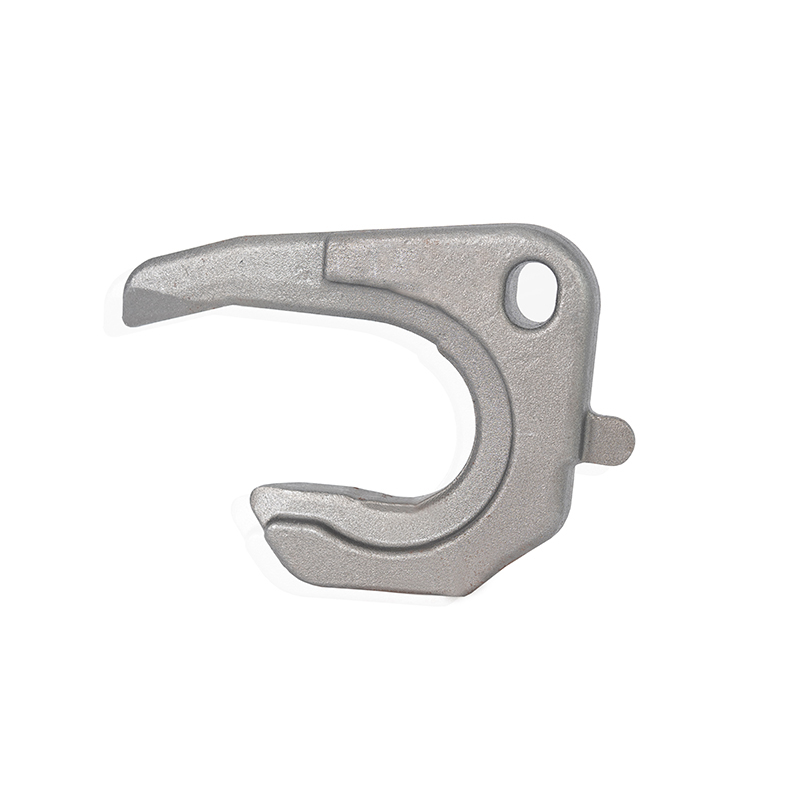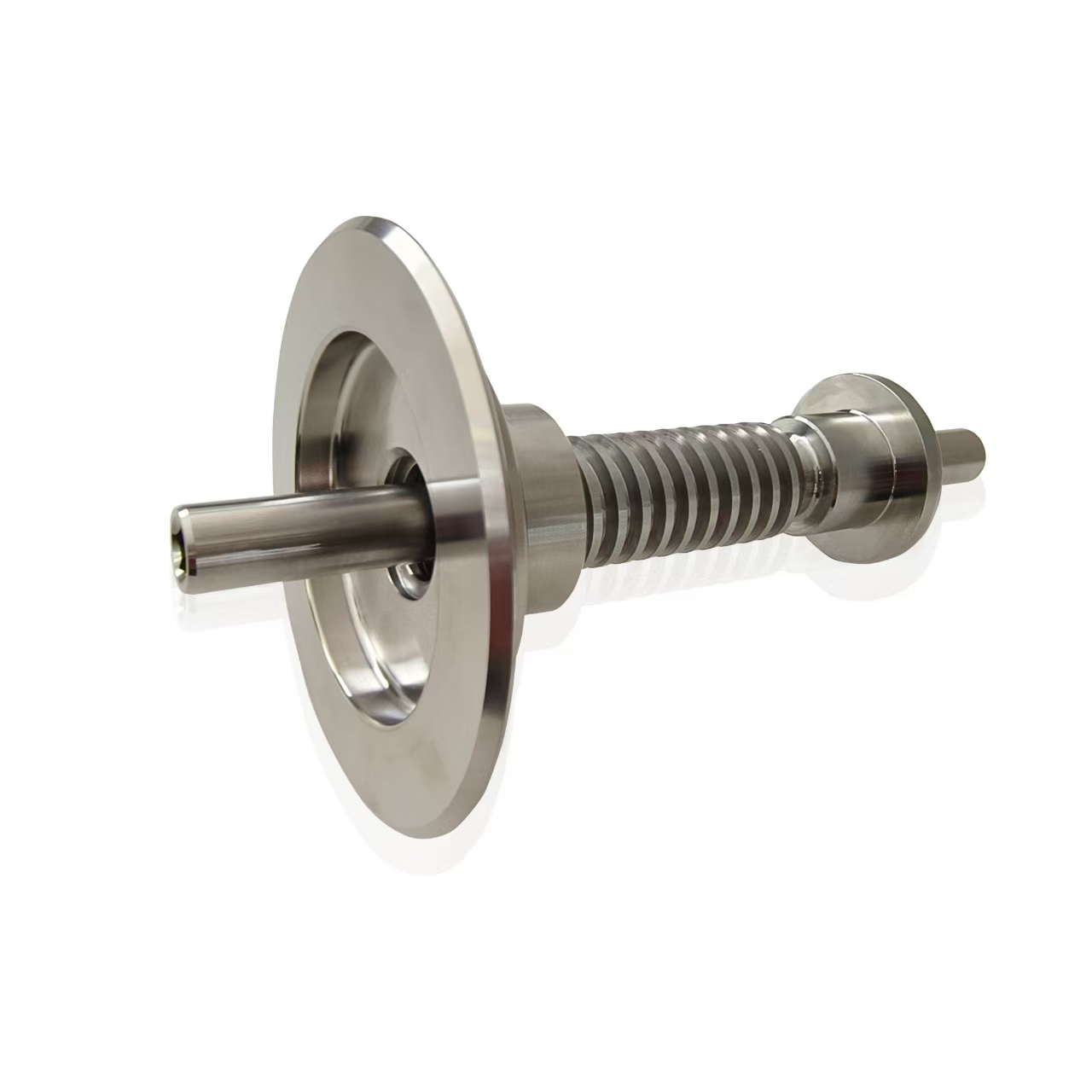How does the reliability of a fifth wheel lock jaw impact overall operational costs for a trucking company?
 2024.08.01
2024.08.01
 Industry news
Industry news
The reliability of a fifth wheel lock jaw is crucial to the operational efficiency and financial stability of a trucking company. As the linchpin in the coupling mechanism between a tractor and trailer, the fifth wheel lock jaw plays a fundamental role in ensuring a secure and dependable connection. Its reliability directly impacts a range of operational costs and overall business performance.
One of the primary ways the reliability of a fifth wheel lock jaw affects operational costs is through maintenance and repair expenses. An unreliable lock jaw can lead to frequent mechanical issues, necessitating ongoing repairs and inspections. These repairs involve not only the cost of replacement parts and labor but also the operational downtime while the vehicle is out of service. Each instance of downtime translates into lost revenue, as the truck is unavailable for transporting goods, which can also delay deliveries and result in penalties or loss of customer trust.
Moreover, safety and liability concerns are closely tied to the reliability of the fifth wheel lock jaw. A malfunctioning lock jaw increases the risk of accidental uncoupling during transit, which can lead to accidents. Such incidents not only pose significant safety risks but also expose the company to potential legal liabilities and increased insurance premiums. Ensuring that the lock jaw functions reliably helps in mitigating these risks, contributing to overall safety and compliance with industry regulations, which in turn reduces the risk of fines and legal costs.
Operational efficiency is another critical area affected by the reliability of the fifth wheel lock jaw. Reliable lock jaws streamline the coupling and uncoupling processes, making them quicker and easier for drivers. This efficiency minimizes the time spent on these tasks, allowing trucks to spend more time on the road, thus improving fuel economy and maximizing productivity. Furthermore, a reliable lock jaw reduces the need for extensive driver training on handling potential issues, further enhancing operational efficiency.

The long-term cost implications of investing in high-quality, reliable fifth wheel lock jaws are also noteworthy. Although the initial investment in more durable components may be higher, the long-term savings often outweigh these upfront costs. Reliable lock jaws reduce the frequency of repairs, decrease downtime, and lower the risk of safety-related incidents, all of which contribute to lower overall operational costs. Additionally, well-maintained equipment can retain a higher resale value, providing further financial benefits if the company decides to sell or trade in its trucks.
In the context of enhancing operational efficiency, integrating additional technologies such as folding solar panels can offer complementary benefits. While the core issue remains the reliability of the fifth wheel lock jaw, incorporating innovations like folding solar panels can further optimize a trucking company's operations. Folding solar panels provide a compact, efficient solution for generating power on the go, supporting the operation of auxiliary systems or charging batteries. This added capability can reduce reliance on the vehicle’s primary power sources, potentially lowering fuel consumption and operational costs over time.
Overall, the reliability of the fifth wheel lock jaw is integral to controlling and minimizing operational costs. Its impact on maintenance, safety, efficiency, and long-term investments underscores the importance of ensuring that this critical component is both durable and well-maintained. By focusing on reliable components and exploring additional technologies, trucking companies can achieve greater operational stability and cost-effectiveness.




















